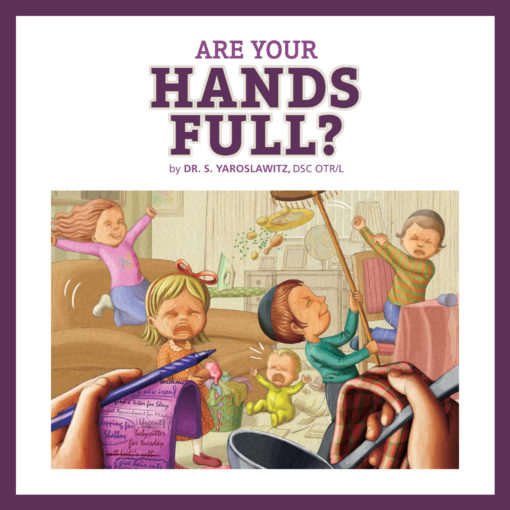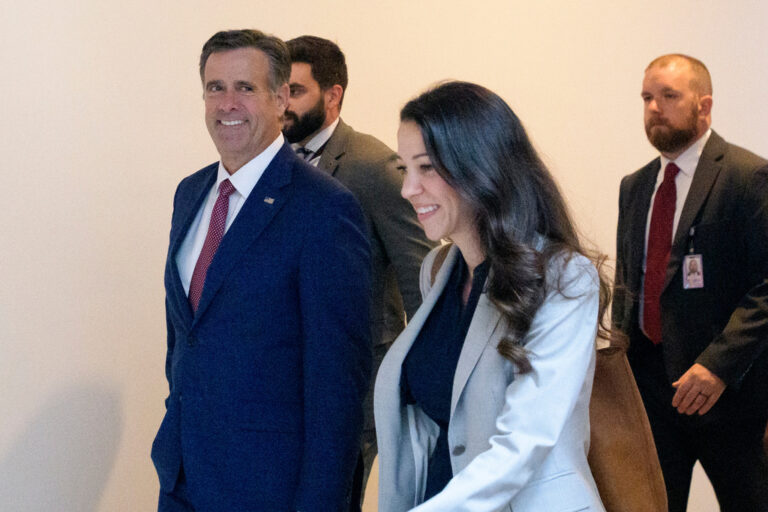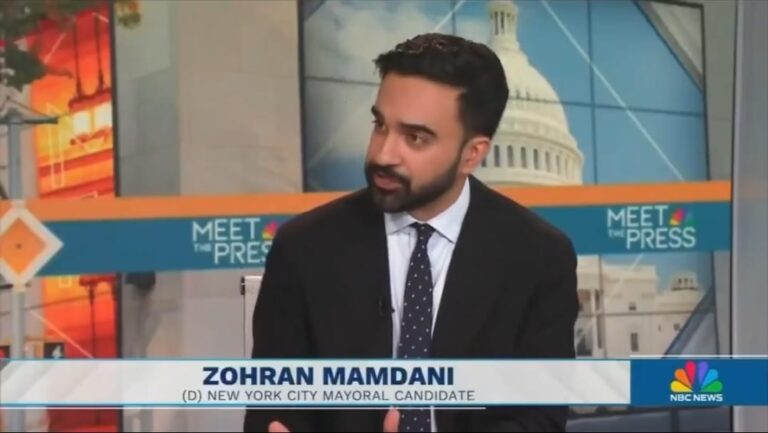Although parents in Klal Yisroel world-over are doing their absolute best to cope with these difficult times, it is understandable that there will be many who feel that they simply don’t know where to start with parenting their children 24/7 for an unspecified period of time.
For those who have been searching for help… any help…. available in any format…. know that the Hands Full program for parenting is here for you.
Keep reading and you will be delivered into a world that helps parents and children develop the correct relationship which will get you through the current times and produce beautiful futures for your children, as well. Or alternatively, tune in to Hands Full podcasts on Jewishpodcasts.org or find out more on our website at www.handsfullchinuch.com.
Visit Hands Full podcasts | Hands Full Website
—-
I called Yossi in for bedtime just as he and his friends were about to begin a game of soccer. Yossi was clearly upset at me. As he marched in the door, he rolled his eyes and said “Thanks for always ruining my fun, Ma. I know I can always count on you to be the mother that breaks up the game.”
Mindy was bored. She wandered into the kitchen and noticed a bag of chips on the counter. She asked if she could take some of the potato chips, even though she knew that supper was almost ready. When I replied that she could not have the chips because it was almost supper time, she responded, “No! No! No!! Always the same stupid answer from the same stupid mother!”
Visit Hands Full podcasts | Hands Full Website
—-
Today, when I returned home from the grocery with a trunk load of bags, Shevy helped me unload the car and put away the purchases. At one point, Shevy looked at me in exasperation and said, “Ma, what were you thinking in the grocery? Didn’t you know that we are running out of shampoo? Next time you go shopping, you’d better buy some!”
My friend enters an Evening of Music for women and girls sponsored by a well-known tzedakah organization. She and other older women end up standing through the entire performance because the event has sold out beautifully and all seats are taken. She can’t help but notice that most of the seats are occupied by young girls. Nobody else seems to notice at all……
Visit Hands Full podcasts | Hands Full Website
As Leiby and his father were bundling up and getting ready to leave to shul one cold Friday night, Leiby commented, “Ta, have you looked in the mirror lately? You could really use a haircut.”
Does this sound familiar? It should, because scenarios of this kind exist in our environment on a minute-to-minute basis.
Dr. Sora Yaroslawitz, DSc OTR/L has been addressing behavioral challenges and emotional dysregulation among children who are developing typically. The increased frequency of these difficulties is associated with societal deterioration and manifests itself both at home and in the classroom. Parents, who should be in the position to provide fundamental behavioral support for their children, are often clueless how to proceed when behavioral challenges occur. Thus, educators are inheriting and coping with behavioral problems that are rooted in poor parenting and originate in their students’ homes. It follows that evidence-based behavior management education for parents would improve child behaviors at home, which will likely generalize to improved classroom behavior and will ultimately enhance the educational process.
Dr. Yaroslawitz’s Hands Full initiative, whose goal is to educate parents to create the correct relationship with their children consists of books and audio books titled, “Are Your Hands Full”, lectures, seminars, email blasts and podcasts. In whatever medium her principles are taught, Dr. Yaroslawitz is unabashedly clear about what her program — and all parenting — is about.
Visit Hands Full podcasts | Hands Full Website
“We can’t deviate from what the Torah says in the Aseres Hadibros. It exists and will exist forever… no matter how drastically times change. There is no such thing as kibbud ben or kibbud bas, yiras haben or yiras habas. That is a direct negation of Har Sinai. The relationship has to be what Hashem intended, a solid combination of ahavah and yirah.”
Can a child both love and fear his parents? The word “fear” makes us think of a vindictive parent, strictly disciplining, punishing, and correcting. That’s an image that many parents do not feel comfortable with. Born into a democratic culture that values freedom and choice, many parents instinctively shy away from making any demands on their children, for fear that they will lose their love.
Visit Hands Full podcasts | Hands Full Website
According to Dr. Yaroslawitz, though, ahavah and yirah can and should be combined, similar to the way Hashem combines them when He takes care of us. “Children actually crave your consistency,’” she explains. “They want to know you have a spine, that they can trust you.” The first time that this is taught is during the “terrible twos.” If a parent allows a child to tantrum without giving in,” she says, “the child will learn to accept that life doesn’t always deliver what we want. This lesson, if taught early, can shape an individual’s coping abilities throughout adult life.”
When each negative behavior is dealt with consistently (yirah) and with a pleasant face (ahavah), the child learns to accept boundaries and feels safe and secure. The parent, having sent the message she wished to send, does not carry anger and resentment, and is free to enjoy the positive moments of a warm, happy relationship with her child.
Visit Hands Full podcasts | Hands Full Website
Rather than focusing on punishment, the entire program is based on staying calm and unaffected by the child’s behavior. “There is no justification for anger; they’re not serial murderers,” teaches Dr. Yaroslawitz. The goal is emotional equilibrium — no anger and no negativity. “There’s hardly any punishment,” she confirms. “There’s no docking, no taking away things. There is a mild timeout in Phase III, but that is hardly necessary if parents follow Phase I and Phase II correctly.”
Without punishment or anger, how do parents get children to behave? Parents are taught to be consistent and to communicate with authority, no matter what the child does. Dr. Yaroslawitz describes this character trait as middas hishtavus, as discussed in the sefer Chovos Halevavos. Hishtavus is from the root “shaveh,” meaning equal or equivalent. This refers to an individual’s ability to remain balanced when faced with unpredictable or difficult events. Depending on the situation, and the particular phase of the program, parents are taught to ignore the child’s behavior, separate the child from the situation without comment, and other techniques.
These techniques allow for a measured, thought out responses to negative behavior, as opposed to yelling or threatening. When appropriate, parents are taught to speak to their child about their behavior as late as 72 hours after it happens! “There’s plenty of time,” Dr. Yaroslawitz chuckles. “They’re not getting married tomorrow!”
Visit Hands Full podcasts | Hands Full Website
Although today’s parents often have a more informal relationship with their children than their parents had with them, Dr. Yaroslawitz warns that “children are not on equal standing with their parents. Parents shouldn’t have to explain things because their children demand an explanation. They may choose to do so, when appropriate, but they must also withhold explanation at times, simply to show the child that life doesn’t always offer explanations.” She characterizes the correct relationship as one of “warm authority,” and she acknowledges that the balance can be tricky and hard to achieve.
Visit Hands Full podcasts | Hands Full Website
However challenging it may be, Dr. Yaroslawitz’s work is achieving her goal of restoring parents and children to the roles clearly delineated by the Torah. Although her approach utilizes the scientific principles of behavior management, it is rooted in Torah hashkafah, drawing from the Chumash, Shulchan Aruch, Medrash, Gemara, and Pirkei Avos. The goal in establishing a loving and respectful relationship between parent and child is to enable children to ultimately become ovdei Hashem, feeling both love and awe in their relationship with Him.











